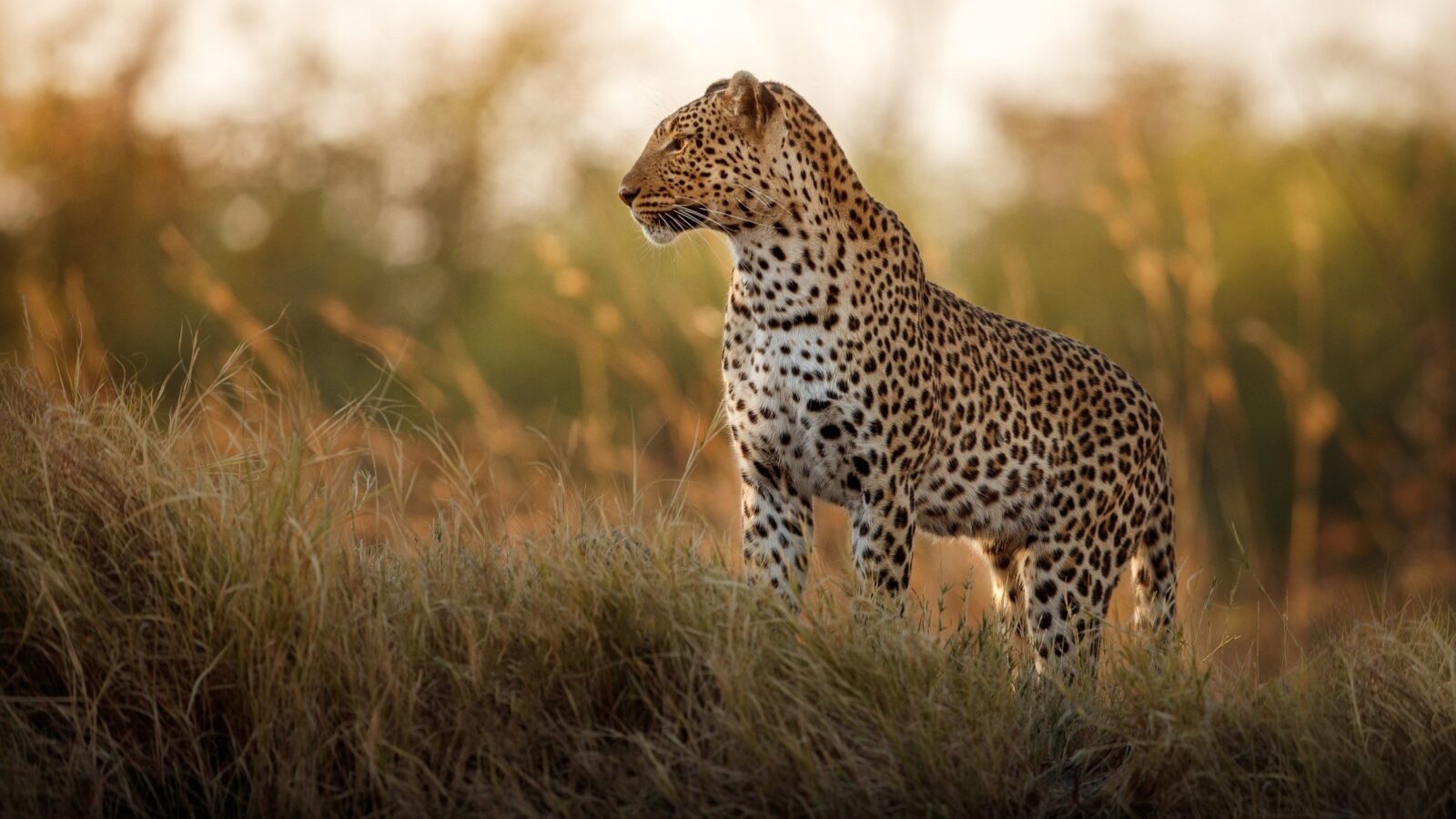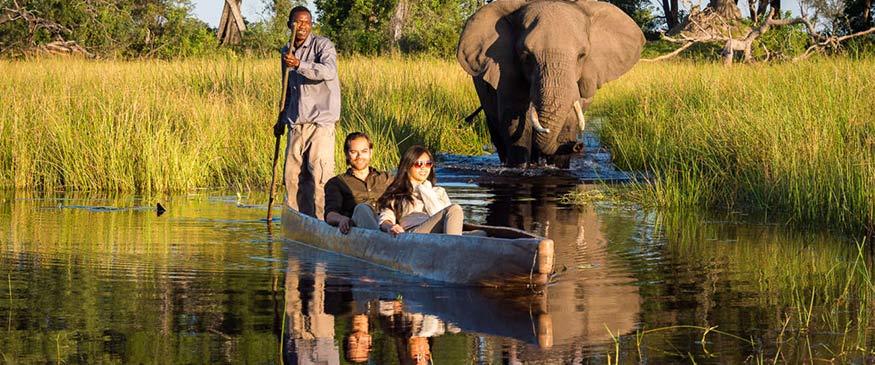Botswana vs South Africa: Which Is Better for an African Safari?
The Ultimate Safari Dilemma: Botswana or South Africa?
When the quest for the quintessential African safari experience arises, two countries consistently dominate conversations among wildlife enthusiasts: Botswana and South Africa. Each offers a wealth of diverse ecosystems, rich wildlife populations, and a tapestry of cultural experiences. Yet, deciding which destination offers the superior safari is a nuanced matter that hinges on numerous factors including wildlife density, landscape diversity, accessibility, accommodation styles, and conservation philosophies. A comprehensive examination reveals that both countries provide exceptional safari opportunities, but in markedly different ways.
Botswana’s Wilderness: Pristine, Remote, and Exclusive
Botswana has garnered a reputation as Africa’s premier destination for untouched wilderness and exclusive safari experiences. The country’s vast and largely unspoiled landscapes are dominated by iconic regions such as the Okavango Delta, Moremi Game Reserve, and Chobe National Park. These areas are characterized by sprawling floodplains, dense woodlands, and intricate waterways that sustain some of the highest concentrations of wildlife on the continent.
The safari experience in Botswana is often defined by intimacy with nature and low-impact tourism. Visitor numbers are deliberately kept low to minimize ecological disturbance, resulting in smaller camps and a more personalized approach. This strategy fosters unparalleled wildlife encounters where animals are less habituated to human presence, enhancing the sense of wildness.
The Okavango Delta stands as a hallmark of Botswana’s safari appeal. The seasonal floods create a dynamic ecosystem that supports vast herds of elephants, buffalo, hippos, and a rich variety of predators. The use of traditional mokoro canoes allows for silent exploration of waterways, providing perspectives on wildlife rarely possible elsewhere. These unique modes of travel underscore Botswana’s commitment to maintaining the integrity of its natural habitats.
South Africa’s Safari Diversity: Accessibility and Infrastructure
South Africa offers a different safari paradigm, distinguished by its accessibility, developed infrastructure, and diversity of ecosystems. The country boasts numerous renowned parks such as Kruger National Park, Addo Elephant National Park, and the private reserves within the Greater Kruger area. These parks provide a wide array of safari experiences, ranging from self-drive tours to luxury lodge stays and guided walking safaris.
Kruger National Park, one of Africa’s largest and most visited reserves, epitomizes South Africa’s accessible safari model. The park’s extensive network of roads and camps enables visitors to tailor their experience according to preferences and budgets. The presence of the Big Five—lion, leopard, elephant, buffalo, and rhino—is reliably guaranteed, alongside a vast spectrum of other mammals, birds, and reptiles.
The broader range of accommodation options in South Africa, from budget campsites to five-star lodges, makes it an ideal destination for first-time safari-goers and families. The country’s well-established tourism infrastructure, including international airports and road networks, further enhances its appeal as a convenient safari destination.
Wildlife Encounters: Comparing Concentrations and Diversity
Botswana’s low-density tourism model results in wildlife encounters that are often more intimate and unhurried. Herds of elephants in Chobe and the Okavango Delta are among the largest on the continent, and sightings of predators such as lions and wild dogs are frequent. The emphasis on guided safaris by vehicle, boat, and foot ensures that wildlife is encountered in varied and often exclusive contexts.
South Africa’s Kruger and surrounding reserves offer high game visibility and diversity, partly due to the park’s vast size and varied habitats. The density of tourists, however, means that wildlife has adapted to human presence, sometimes resulting in less ‘wild’ encounters. Yet, the advantage lies in the consistency and accessibility of sightings, often enhanced by a wide selection of guided activities including night drives and bush walks.
Conservation and Community Involvement
Both Botswana and South Africa have embraced conservation, but their approaches reveal distinct priorities. Botswana’s government has prioritized the protection of large wilderness areas with an emphasis on anti-poaching and habitat preservation. Community-based natural resource management programs involve local populations in wildlife stewardship, fostering sustainable benefits and minimizing conflicts.
South Africa combines national park management with a significant private reserve sector. The involvement of private conservancies has led to innovative conservation models, including intensive anti-poaching measures and eco-tourism developments. Community engagement is critical, especially in areas adjacent to parks where livelihoods are linked to conservation outcomes. This balance of public and private involvement creates a robust conservation landscape.
Cultural Experiences and Tourism Infrastructure
South Africa offers a rich array of cultural and touristic amenities alongside its safari options. Cities such as Johannesburg and Cape Town provide gateways to safaris combined with world-class dining, historical sites, and vibrant cultural experiences. This diversity appeals to travelers seeking a blend of urban sophistication and wildlife adventure.
Botswana’s tourism is more singularly focused on wilderness and nature. Cultural interactions occur primarily in rural villages and through community-led tourism initiatives. While less urbanized, the authenticity and tranquility of these experiences complement the deep connection to the natural environment.
Which Safari Is Better? A Matter of Preference and Priorities
The determination of which destination is better for an African safari depends fundamentally on the traveler’s expectations and values. Botswana excels in offering exclusive, immersive wilderness experiences with minimal crowds, ideal for those seeking profound encounters with nature and wildlife. South Africa provides a versatile, accessible, and culturally rich safari experience, catering to a broader range of travelers including families and those new to safaris.
In essence, Botswana is best suited for those who prioritize wilderness solitude, ecological authenticity, and luxury safari camps set deep in nature. South Africa caters well to visitors desiring convenience, variety, and integration with broader travel itineraries that include cultural and urban elements.
Planning Your Safari Journey with WildHorn Africa
For those inspired to explore the rich safari offerings of either Botswana or South Africa, expert guidance and tailored planning are invaluable. Booking your African tours and safaris through WildHorn Africa ensures access to curated itineraries, reputable operators, and a commitment to responsible tourism. Every detail, from logistics to guiding expertise, is handled with precision to deliver a seamless, memorable safari adventure.
Whether your heart is set on the remote waterways of Botswana or the diverse ecosystems of South Africa, WildHorn Africa will help craft a journey that reflects your personal safari dreams while honoring Africa’s majestic wildlife heritage.






